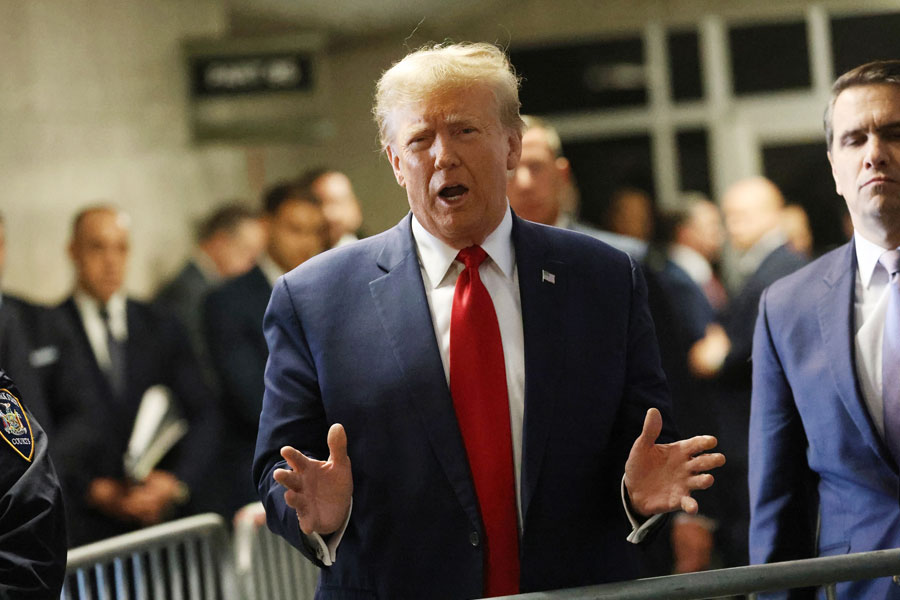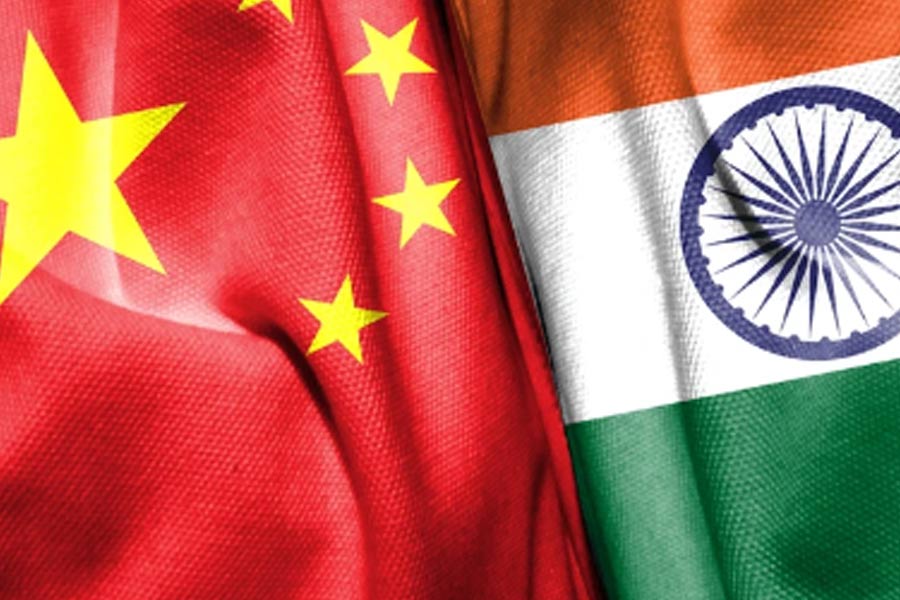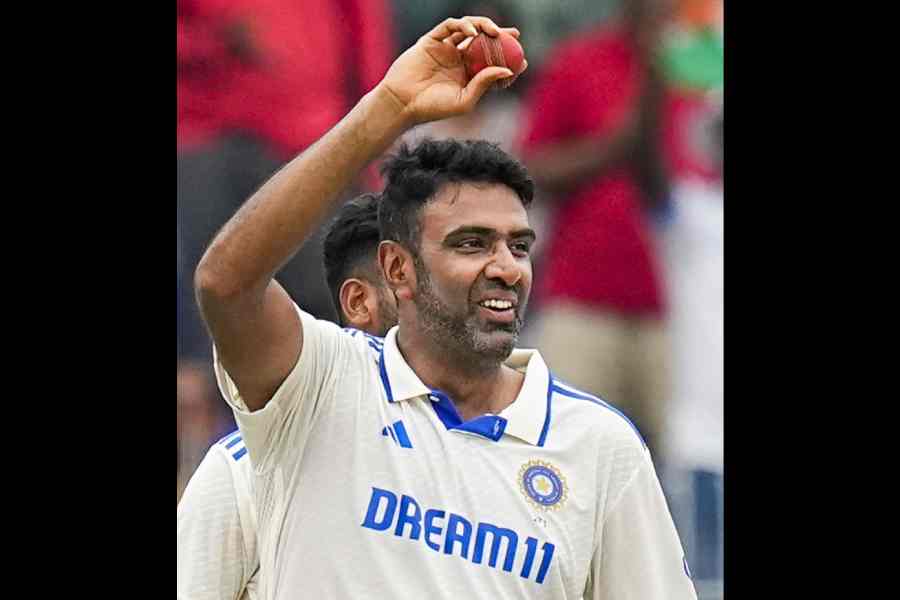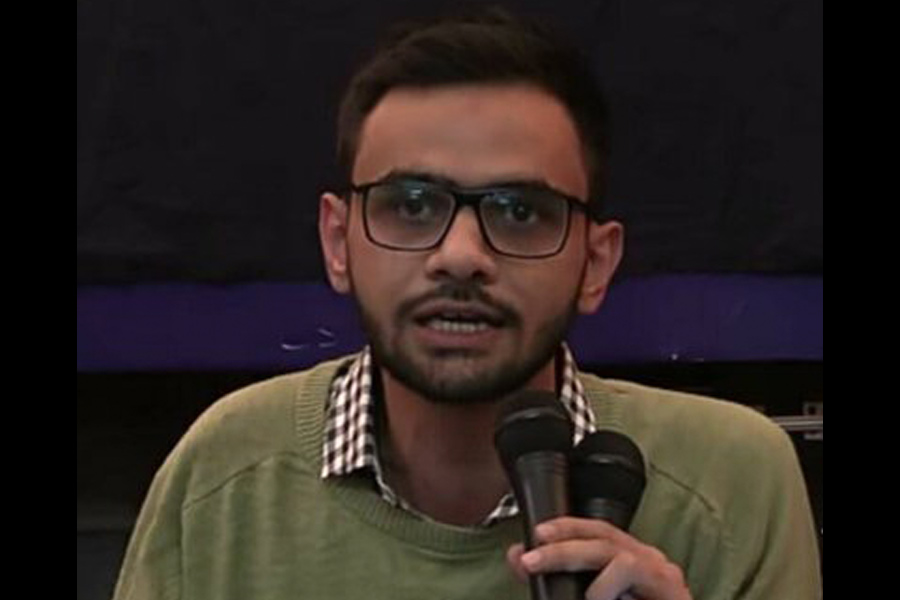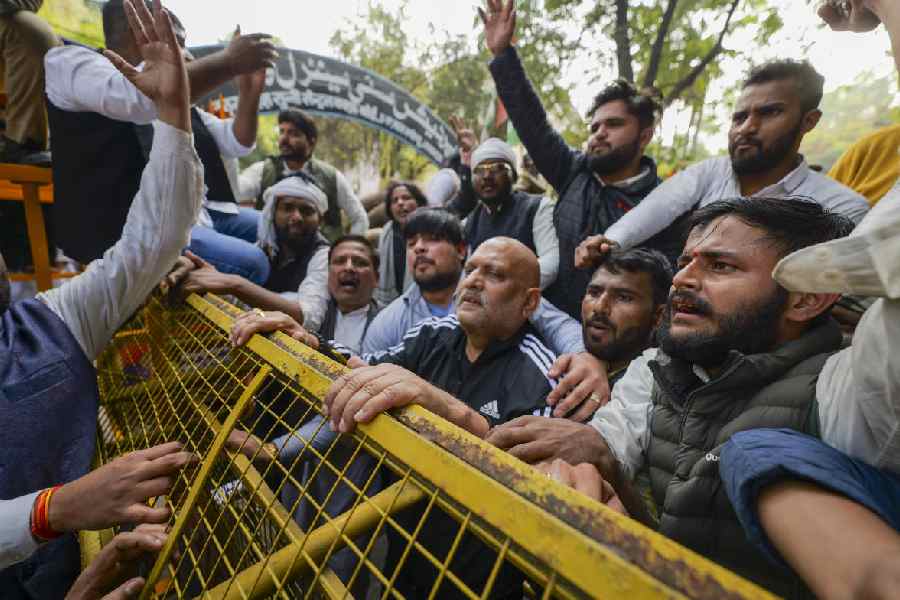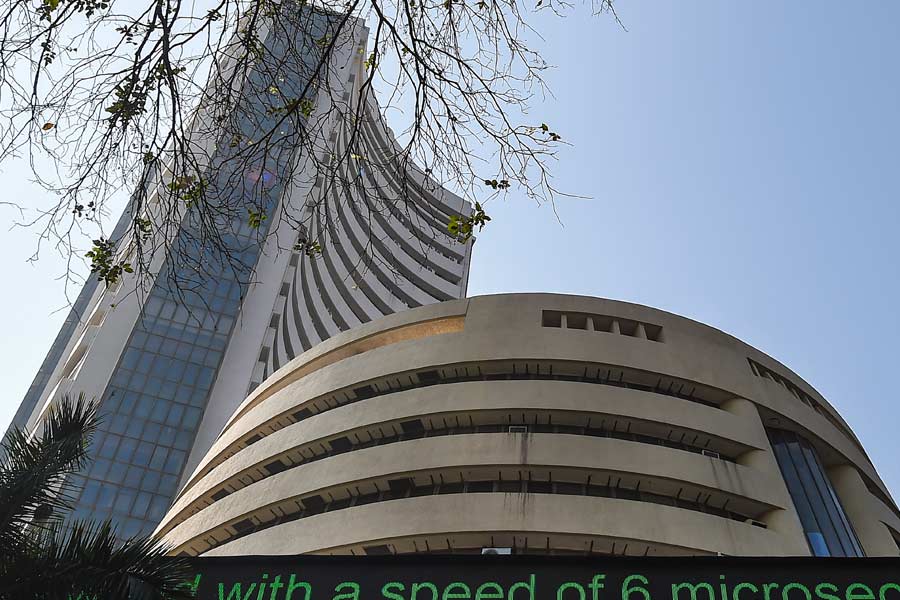The ick factor
Sir — In Pride and Prejudice, Mr Collins’s weird personality traits gave Elizabeth Bennet the ick. Lizzy Bennet is not the only woman to have felt instinctively put off by the sloppiness or the slovenliness of their partners. For instance, women have been known to be grossed out by men who chew with their mouths open, wear flip-flops, make insensitive comments and exhibit other uncouth behaviour. Interestingly, a study by National Geographic claims that in some primate species, adult females are more sensitive to grossness than males, lending them a degree of cautiousness that lowers the incidence of diseases and helps them live longer. Women who are castigated for being extremely picky thus now have more reason to be fussy about their partners’ habits.
Sandipta Ghosh, Howrah
Wasted opportunity
Sir — The two-day debate on the Constitution in Parliament was on expected lines. The statements made by the ruling dispensation and the Opposition reflected their respective political ideologies. Rahul Gandhi, the leader of the Opposition in the Lok Sabha, highlighted the dilemma of the Bharatiya Janata Party in choosing between the Constitution and the Manusmriti (“In abhaya mudra, a poser”, Dec 15). The prime minister, Narendra Modi, limited his speech on the Constitution to doing what he does best — attacking the Nehru-Gandhi dynasty. If nothing else, the discussions underlined the importance of the Constitution. The political class should work towards guaranteeing the constitutional rights of every Indian.
G. David Milton, Maruthancode, Tamil Nadu
Sir — During the Constitution debate, Rahul Gandhi argued that the BJP leaders’ alleged defence of the Constitution insults the memory of V.D. Savarkar, who had dismissed the document and extolled the virtues of the Manusmriti instead. Thereafter, Narendra Modi accused the ‘bloodthirsty’ Congress of amending the Constitution 75 times. It would be unfair to call all of the constitutional amendments brought by the Congress acts of “sin”. Each had a specific context and was warranted by an unanticipated situation. If all the 75 amendments during the Nehru-Gandhi era were subversive, what prevented the ruling regime from scrapping them in its two past terms? Modi’s choice of words does not befit the dignity of his office.
S.K. Choudhury, Bengaluru
Sir — The Constitution debate in Parliament lacked insight and depth. The only good aspect of the debate was that both the ruling dispensation and the Opposition expressed their reverence towards the sacred document. While the prime minister called the Constitution a “unifier”, the leader of the Opposition recognised its primacy. The debate could have been used to propound constitutionalism. Unfortunately, both sides could not rise above their political interests to find common ground on the core constitutional principles. The debate was thus a wasted opportunity.
D.V.G. Sankara Rao, Andhra Pradesh
Sir — Narendra Modi’s speech in the Lok Sabha on the 75th anniversary of the adoption of the Constitution was replete with falsehoods. His lack of awareness regarding history is disconcerting. For instance, he alleged that the Congress disregarded its own Constitution and sidelined democratic sentiments within the party to favour Jawaharlal Nehru as the prime minister, even though its state units had shown support for Sardar Vallabhbhai Patel. But Patel had died before the first general elections were conducted in 1951-52. Modi’s claim indicates his irreverence towards the Nehru-Gandhi family.
A.K. Chakraborty, Guwahati
Divisive design
Sir — In “New weapon” (Dec 12), Hilal Ahmed delves into the debate on the desecration of temples by Muslims in medieval India, discussing its impact on India’s social fabric. Using the recent violence in Sambhal as a case study, Ahmed not only foregrounds the communal motives of the powers that be but also emphasises the necessity of understanding India’s complex past. He questions the role of the Archaeological Survey of India in reaching objective conclusions regarding the character of places of worship. The Places of Worship (Special Provisions) Act, 1991 served as a formidable barrier to petitions filed by Hindutva supporters until the former chief justice of India, D.Y. Chandrachud, said that the law did not disallow the survey of the Gyanvapi Mosque in 2022.
Aayman Anwar Ali, Calcutta
Sir — The judiciary has safeguarded the provisions of the Places of Worship (Special Provisions) Act — it mandates the status quo on religious structures as they were on August 15, 1947 — by halting surveys of religious places that allegedly had a different religious character earlier across the country.
Kajal Chatterjee, Calcutta
Power struggle
Sir — After the disintegration of the Soviet Union, Russia found itself cornered and has been desperately looking for allies to counter the Western military alliance, NATO (“Emergent axis”, Dec 17). The growing proximity between Russia and North Korea is an example of this. China will likely support this grouping, thus leading to the formation of two power blocs and a renewed Cold War.
Aranya Sanyal, Siliguri
Voice of reason
Sir — At his recent concert in Chandigarh, the singer, Diljit Dosanjh, rued the lack of proper live-show infrastructure in India. Several Indian singers deliver phenomenal performances in concerts abroad but face infrastructural issues during shows in their homeland. Concerts serve as a source of revenue for many. India should develop a top-notch concert infrastructure to support artists.
Jakir Hussain, Kanpur


